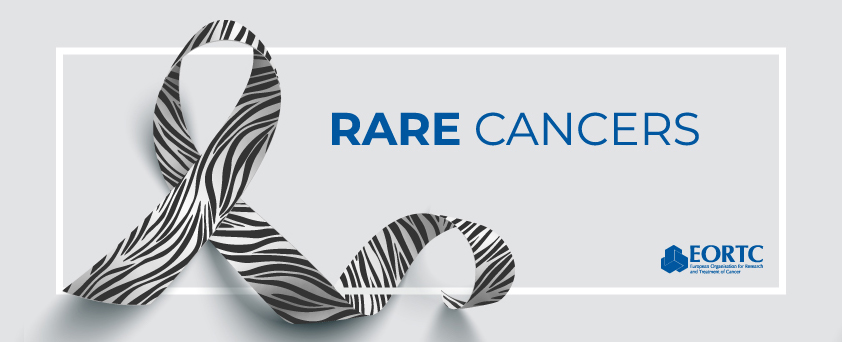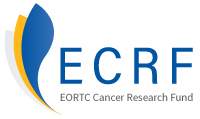Addressing Rare Cancers

In Europe, 22% of yearly diagnosed cancer cases are rare cancers, which is more than any other single type of cancer. This means that annually there are around 650,000 people in Europe diagnosed with a form of rare cancer and currently there are 5.1 million people living with a rare cancer. Rare cancers pose a serious public health issue. The five-year survival rates for rare cancers are significantly worse at 48.5% compared to common cancers at 63.4%. The EU defines a cancer as rare if there’s an incidence of fewer than 6 in 100,000 people annually. A cancer can be rare for several reasons. It could have started in a different type of cell, be in an uncommon part of the body or be a sub-type of a more common types of cancer. There are approximately 198 rare cancers in the EU according to the RARECARE Project.
The Challenges for Rare Cancers
Despite advances in treatments and personalised medicine for cancer, rare cancers are often left behind due to limited knowledge regarding molecular characterization, heterogeneity of the population and poor access to screening platform or interventional trials. One of the challenges for rare cancers is that clinical trials, which are an integral part of cancer therapeutics, are more difficult. This because rare cancer clinical trials aren’t as commercially viable and it’s more difficult to operationalise a study with the smaller patient population it’s more difficult to generate high quality data. As a result, these feasibility factors often prevent trials from occurring.
Another challenge is the fragmented nature of advocacy. Since rare cancers individually are by definition uncommon, it’s difficult to maintain significant advocacy groups. Most of these cancer types either have no advocacy groups or they are small and vanishing. The result is that they fail to get the attention of news and politicians which means that they don’t receive the necessary funding.
What is EORTC Doing to Fight Rare Cancers?
Recognizing this problem, EORTC is helping to support research projects and independent clinical trials for rare cancers that weren’t previously commercially viable since EORTC is committed to not leaving any patient behind. EORTC does this using its extensive network of scientists and clinicians and a multi-disciplinary approach including chemotherapy, surgery and/or radiotherapy. In 2021, EORTC worked on approximately 195 ongoing translational and clinical studies involving over 3,000 patients across 267 university hospitals and cancer centres in 29 countries. EORTC’s expertise is a hub of a growing network spanning over 3100 doctors involved in 18 tumour groups and task forces across the European continent. EORTC’s independent academic clinical research helps to develop clinical solutions to help fight rare cancer and improve the quality of life for patients.
EORTC STRASS II Study
An example of an ongoing clinical trial is the STRASS II by the Soft tissue bone sarcoma group. This randomized phase III study looks at the effect of neoadjuvant chemotherapy following surgery compared to surgery alone for patients with High-Risk RetroPeritoneal Sarcoma. Retroperitoneal sarcoma is a very rare tumour, occurring in 0.5 to 1.0 per 100,000 of the population. Diagnosis and treatment are challenging, and the standard of care currently involves surgery. Overall survival at 5 years following surgery, is between 60 and 70%. The EORTC 1809 STRASS II study is the first official trial looking into potential benefits of chemotherapy before surgery to improve disease control and survival in patients burdened by this rare cancer. This EORTC trial will be simultaneously open to patients in Europe, the US, Canada and Australia and Japan.
To learn more about EORTC’s previous trials and impact for rare cancers including brain, head and neck, and soft tissue and bone sarcomas, check out EORTC’s previous practice changing trials.
For more information generally about EORTC, check out EORTC’s cancer clinical research. For more information or questions email us at ecrf@eortc.org.
You can also help support EORTC’s game-changing clinical research to unleash scientific breakthrough and transform cancer patients’ lives. Learn how to GET INVOLVED, or Make a Contribution Now.







Get Social